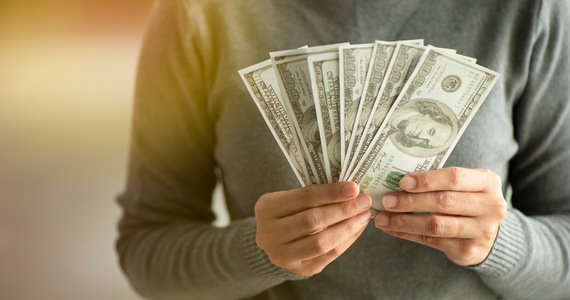In the United States, and more specifically in North Carolina, a pilot program has just been implemented to check whether the financial reward for vaccination can change the attitude of citizens to vaccination. And it seems to be the most thing, and the Americans have found a better way than the vaccine lottery available in Poland, for example, where you can win valuable prizes.
Because in the latter case, only a lucky few win, while the rest are left with nothing or even a slight minus, because she had to take time off from work, pay for transportation or take care of children. He. She. It is worth emphasizing that this is not at all a new idea, as this is how HPV vaccination can be accelerated in the UK.
Previous surveys in the US show that up to a third of unvaccinated people would change their mind if they received cash after vaccination, and the theoretical amount was in the range of $25-100.
During the two-week pilot program in North Carolina, it was checked whether this translated into reality and whether it was a method worth studying. Some clinics in four counties have announced that they are guaranteeing $25 in cash to anyone vaccinated against Covid-19 or bringing someone else for the first dose of the vaccine.
As a result, within two weeks, 1374 people received the promised money, and the clinics themselves have already achieved better results than the facilities that did not provide such a bonus. Clinics that were not covered by the program recorded a decrease of about 10% in the number of vaccinations, while those offering the bonus can boast an increase of 46%. Moreover, after talking to some of these people, it turns out that many of them decided to vaccinate only because of the money.
Of all the 401 program participants interviewed, 41% said money was an important reason to get vaccinated, with ethnic minorities and low-income people being the most among this group. Nearly 10% of people indicated that they might not have bothered to vaccinate without money, and 15% waited for a vaccination until they found out the clinic was paying for the vaccination.
So it seems that not all unvaccinated people have a negative attitude to the vaccination itself and most often the delay is due to other reasons, among which finances play a large role. And although the pilot program was very limited in terms of the number of participants and clinics, as well as the amount of tips, it suggests that paying for immunizations can significantly increase the number of applicants.

“Music specialist. Pop culture trailblazer. Problem solver. Internet advocate.”







